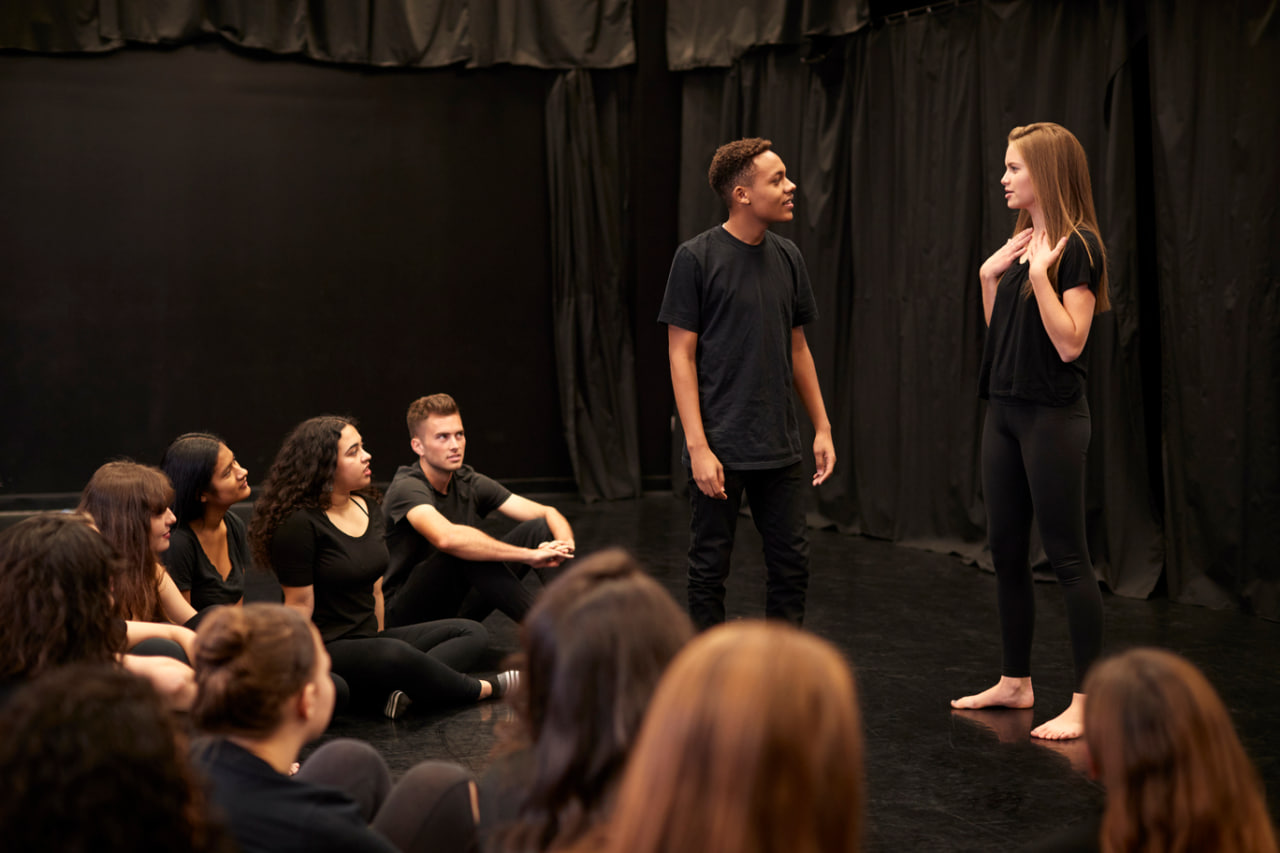Confidence is one of the most valuable qualities a performer can develop. It not only affects how an actor presents themselves on stage but also influences their personal growth and interactions in everyday life. Building confidence in theatre involves cultivating self-awareness, embracing challenges, and learning to trust both your abilities and your creative instincts.
The Importance of Confidence in Theatre
Confidence allows performers to inhabit their characters fully and engage audiences with authenticity. An actor who trusts their choices can take risks, explore complex emotions, and respond to the unexpected with ease. In contemporary theatre, where improvisation and experimentation are common, confidence ensures that performers remain present and adaptable, creating a compelling and memorable performance.
On stage, confidence is also conveyed through body language, vocal projection, and energy. An actor who moves with intention, speaks clearly, and expresses emotions openly captures the attention and empathy of the audience, making the performance more impactful.
Overcoming Stage Fright
Stage fright is a natural experience for most performers, especially beginners. Learning to manage fear is a key component of building confidence. Techniques such as deep breathing, visualization, and mental rehearsal help reduce anxiety and prepare the mind for performance.
Preparation is another important factor. Thoroughly understanding the script, practicing scenes repeatedly, and rehearsing in realistic conditions build competence, which directly translates into confidence. The more familiar a performer is with their material, the more secure they feel on stage.
Developing Confidence Through Practice
Confidence is developed gradually through consistent practice. Regular participation in acting exercises, workshops, and rehearsals allows performers to experiment, make mistakes, and learn from them in a safe environment.
Engaging in improvisation exercises is particularly effective. Improvisation encourages spontaneity and quick thinking, helping performers trust their instincts and respond with confidence to unexpected scenarios. Over time, this translates into a stronger presence in scripted performances.
Physical and Vocal Presence
Confidence on stage is communicated through physicality and voice. Maintaining good posture, using intentional gestures, and moving with purpose convey self-assurance to the audience. Vocal exercises, such as projection, articulation, and breathing techniques, help actors speak with clarity and authority, reinforcing their stage presence.
Actors who integrate body and voice effectively project confidence naturally, creating a performance that feels both authentic and compelling.
Transferring Confidence Off Stage
The skills learned in theatre often extend beyond the stage. Actors who practice presence, self-expression, and adaptability develop social confidence and improved communication skills in everyday life. Public speaking, professional presentations, and interpersonal interactions all benefit from the abilities cultivated through theatre training.
By embracing challenges and learning to trust themselves, performers carry a sense of resilience and self-assurance into personal and professional situations, making theatre a powerful tool for holistic growth.
The Role of Mentorship and Feedback
Supportive mentorship and constructive feedback accelerate confidence-building. Instructors, directors, and peers provide guidance, encouragement, and insight, helping performers identify strengths and areas for improvement. Positive reinforcement boosts self-belief, while thoughtful critique encourages growth without undermining confidence.
A culture of collaboration and support in rehearsal rooms allows performers to experiment, take risks, and gradually develop the courage to express themselves fully.
Celebrating Achievements
Recognizing milestones and successes is an essential part of building confidence. Each completed scene, improved performance, or successful improvisation exercise reinforces the performer’s abilities and encourages continued effort. Celebrating progress, no matter how small, nurtures motivation and self-esteem.

